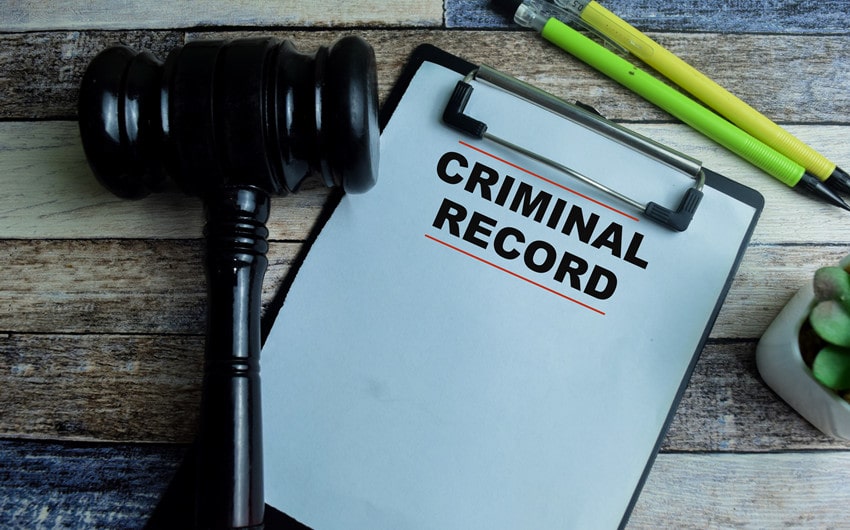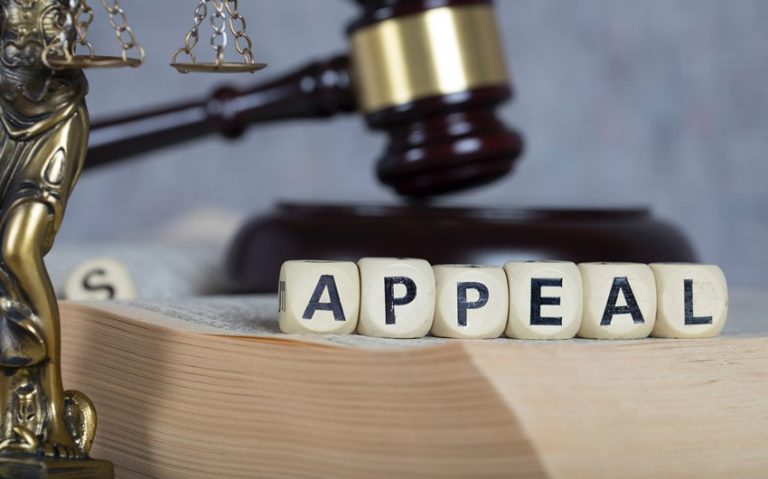How a Skilled Lawyer Can Help You Expunge Your Criminal Record
Everyone makes mistakes, but a criminal record shouldn’t define your future. Expungement can offer a clean slate, helping you move on from past errors. However, navigating the expungement process can be complex and overwhelming without the right legal assistance. This article will guide you through how a skilled lawyer can help you expunge your criminal record, making the process smoother and increasing your chances of success.
What is Expungement?
Expungement is the legal process of removing a criminal conviction or arrest from your public record, essentially making it as though the offense never occurred. This can significantly impact your ability to secure employment, housing, loans, or professional licenses. However, not everyone is eligible for expungement. Eligibility often depends on the type of crime, the time elapsed since the conviction, and whether you’ve fulfilled all court-mandated requirements, such as probation or fines.
Why You Need a Lawyer for Expungement
While expungement can be a game-changer, the legal process is rarely straightforward. Understanding the nuances of expungement laws, which can vary significantly from state to state, requires expertise. This is where a skilled lawyer comes in. A lawyer’s experience and knowledge can help you overcome common legal hurdles, from understanding eligibility requirements to effectively presenting your case in court.
Without legal guidance, you may find yourself overwhelmed by complex paperwork, strict deadlines, and potential procedural errors that can delay or deny your expungement request. A lawyer ensures all necessary documents are correctly filed and that your case is presented in the best possible light, maximizing your chances of a positive outcome.
Steps a Lawyer Takes to Expunge Your Record
1. Assessing Eligibility
The first step in the expungement process is determining whether your record qualifies for expungement. A lawyer will carefully review your criminal history, including the nature of the charges, conviction details, and any subsequent legal issues. They’ll consider state laws and any changes to expungement statutes that might impact your case. This assessment helps set realistic expectations about the likelihood of expungement.
2. Filing the Petition
Once eligibility is confirmed, the lawyer will draft and file the petition for expungement with the appropriate court. This involves compiling a detailed account of your case, including court records, evidence of completed sentencing requirements, and any supporting documents that demonstrate your rehabilitation. Filing errors or incomplete submissions can lead to delays or outright denial, so having a lawyer ensures all legal formalities are properly managed.
3. Representation in Court
In some cases, you may need to appear before a judge to argue why your record should be expunged. This can be intimidating, especially if you’re unfamiliar with legal proceedings. A skilled lawyer will represent you in court, arguing persuasively on your behalf. They’ll prepare you for potential questions and objections, helping to present your case with confidence and clarity.
Benefits of Hiring a Skilled Lawyer
Hiring a lawyer to handle your expungement not only saves you time and stress but also significantly improves your chances of success. Here are some key benefits of having professional legal representation:
1. Increased Chances of Success
A lawyer’s expertise ensures your petition is presented accurately and convincingly, avoiding common mistakes that lead to denial. They know what judges look for and can tailor your case accordingly.
2. Avoiding Costly Errors
The expungement process involves various documents, forms, and deadlines. Even a minor mistake can derail your efforts, requiring you to start over or face outright rejection. A lawyer’s meticulous attention to detail minimizes the risk of errors.
3. Personalized Guidance and Support
Navigating the expungement process can be emotionally taxing. A lawyer provides personalized guidance, answering your questions, and keeping you informed at every step. They can also help you understand how expungement will impact your rights and responsibilities moving forward.
4. Professional Advocacy
Your lawyer acts as your advocate, whether in court or when dealing with prosecutors and judges. They handle the negotiations, make compelling arguments, and work tirelessly to achieve the best possible outcome for your case.
How to Choose the Right Lawyer for Expungement
Choosing the right lawyer is crucial to your expungement success. Here are some key factors to consider:
1. Experience in Criminal Law
Look for a lawyer with specific experience in criminal law and expungement cases. Their familiarity with the legal system, judges, and procedural nuances will be invaluable.
2. Track Record of Success
Research the lawyer’s track record in handling expungement cases. A history of successful outcomes can give you confidence that they know how to navigate the complexities of the process.
3. Clear Communication
Your lawyer should be someone you feel comfortable with—someone who listens to your concerns, explains the process clearly, and provides honest feedback. Good communication is essential to building a strong working relationship.
For those looking to expunge their records, consulting an experienced lawyer is a crucial first step. You can view the law office of Jason A. Volet for expert assistance and personalized legal guidance tailored to your needs.
Conclusion
Expunging your criminal record can open doors to new opportunities and help you move forward with your life. A skilled lawyer can make all the difference in this process, guiding you through every step and ensuring the best chance of a successful outcome. Don’t let past mistakes hold you back—take control of your future today.







